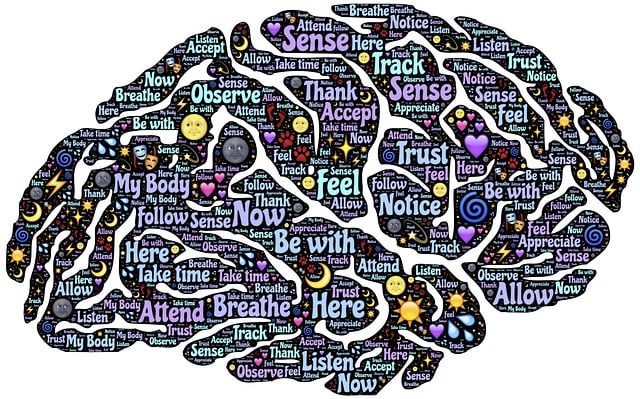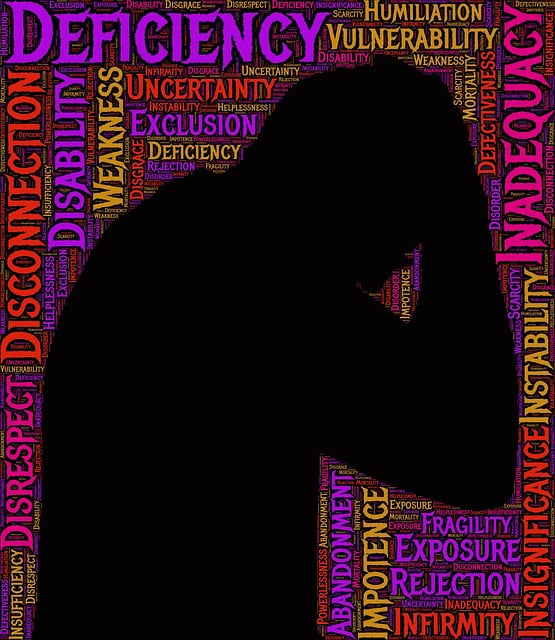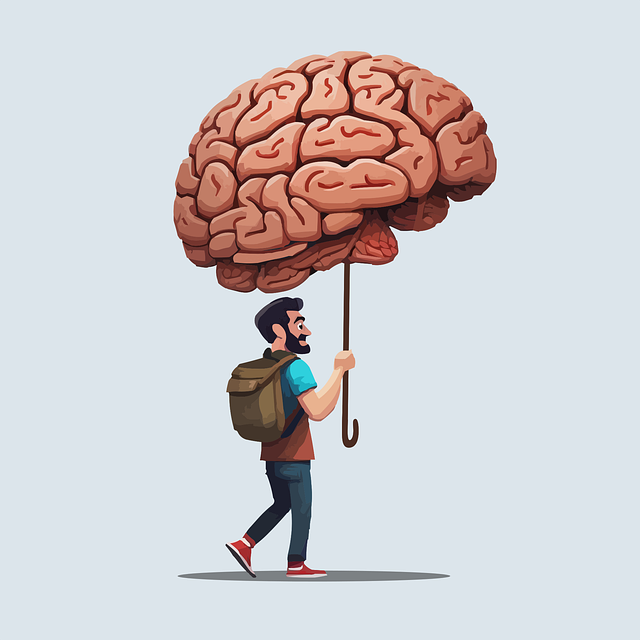Post-Traumatic Stress Disorder (PTSD) severely impacts adults' daily lives with flashbacks, nightmares, anxiety, and avoidance behaviors. Effective therapy options include exposure therapy, cognitive processing therapy, eye movement desensitization and reprocessing (EMDR), and mindfulness meditation. Education plays a pivotal role in PTSD recovery through tailored mental health programs focusing on trauma recognition, impact on daily life, stress management techniques, and empowering individuals with knowledge of their rights. Engaging learning activities like group discussions and creative exercises enhance understanding, build community, and promote resilience. Strategic planning, community engagement, partnerships, and ongoing evaluation are crucial for successful and sustainable Therapy for Adults Post-Traumatic Stress Disorder education programs.
In today’s world, addressing mental health issues like Post-Traumatic Stress Disorder (PTSD) is more crucial than ever. This comprehensive guide explores the design of an educational program aimed at empowering adults with PTSD through therapy. We delve into understanding PTSD’s symptoms and impact, highlighting the transformative power of education in therapy. The article offers insights on crafting a robust curriculum, designing engaging learning activities, and effective implementation strategies for a sustainable program.
- Understanding Post-Traumatic Stress Disorder (PTSD): Symptoms and Impact on Adults
- The Role of Education in PTSD Therapy: Creating a Comprehensive Curriculum
- Designing Engaging Learning Activities for Effective Mental Health Education
- Implementation Strategies: Launching and Sustaining an Adult PTSD Education Program
Understanding Post-Traumatic Stress Disorder (PTSD): Symptoms and Impact on Adults

Post-Traumatic Stress Disorder (PTSD) is a mental health condition that can affect adults following exposure to traumatic events. The symptoms are wide-ranging and often impact daily functioning, including flashbacks, nightmares, severe anxiety, and avoidance behaviors. Individuals with PTSD may also experience emotional numbing, irritability, and heightened sensitivity to noise or reminders of the trauma. These symptoms can significantly impair an adult’s ability to work, maintain relationships, and engage in activities they once enjoyed, leading to a decline in overall emotional well-being.
Understanding PTSD involves recognizing its potential impact on different aspects of an adult’s life. Therapy for adults with PTSD often focuses on exposure therapy, cognitive processing therapy, or eye movement desensitization and reprocessing (EMDR), among other techniques. Public awareness campaigns development and mindfulness meditation practices have also proven effective in promoting emotional well-being promotion techniques for those affected by this disorder.
The Role of Education in PTSD Therapy: Creating a Comprehensive Curriculum

Education plays a pivotal role in the therapy for adults post-traumatic stress disorder (PTSD), offering a powerful tool to empower individuals on their journey to recovery. A well-designed mental health education program, centered around evidence-based practices and tailored to the specific needs of those with PTSD, can significantly enhance therapeutic outcomes. By incorporating strategies that promote understanding, self-awareness, and coping mechanisms, such programs become instrumental in helping individuals manage their symptoms effectively.
The curriculum should delve into core aspects like trauma recognition, the impact of PTSD on daily life, and effective stress management techniques. Incorporating mind over matter principles, where individuals learn to reframe negative thoughts and cultivate positive thinking, can foster resilience. Moreover, integrating mental health policy analysis and advocacy ensures that participants are equipped not only with personal coping tools but also with knowledge about their rights and available resources in the broader community.
Designing Engaging Learning Activities for Effective Mental Health Education

Effective mental health education programs rely heavily on engaging learning activities that cater to diverse learning styles and encourage active participation. When designing such activities, it’s crucial to consider the unique needs of individuals seeking therapy for adults with post-traumatic stress disorder (PTSD). Incorporating interactive elements like group discussions, role-playing scenarios, and creative exercises can enhance understanding and foster a sense of community. These approaches not only facilitate knowledge sharing but also promote the development of resilience and self-esteem, crucial aspects of trauma support services.
For instance, activities could involve case studies where participants analyze real-life scenarios, fostering critical thinking and empathy. Additionally, mindfulness exercises or art therapy sessions can provide alternative avenues for expression and healing. By balancing theoretical knowledge with practical applications, the program ensures that learners not only grasp concepts but also develop coping mechanisms tailored to their experiences. This multi-faceted approach aligns with the goal of improving mental health outcomes, especially for those navigating the challenges of PTSD.
Implementation Strategies: Launching and Sustaining an Adult PTSD Education Program

Implementing a Therapy for Adults Post-Traumatic Stress Disorder (PTSD) education program requires a strategic approach to ensure its success and longevity. Launching such an initiative involves careful planning, community engagement, and partnerships with relevant stakeholders. Start by identifying key target groups within your community, understanding their specific needs, and tailoring the program accordingly. Effective communication strategies are pivotal; utilize various channels like local media, social platforms, and community events to spread awareness about the program’s purpose and benefits.
Sustaining the program long-term requires a commitment to ongoing evaluation and adaptation. Regularly collect feedback from participants through surveys or focus groups to gauge the impact and identify areas for improvement. Incorporate emotional well-being promotion techniques into the curriculum, such as mindfulness exercises or group discussions facilitated by trained professionals. Additionally, providing mental wellness journaling exercise guidance can empower individuals to track their progress and foster a sense of agency in their mental health journey.
Mental health education programs play a pivotal role in providing therapy for adults with post-traumatic stress disorder (PTSD). By understanding the symptoms and impact of PTSD, educators can design comprehensive curricula that effectively address this condition. Engaging learning activities, coupled with strategic implementation, ensure these programs make a lasting impact, fostering recovery and enhancing the quality of life for those affected by PTSD.









